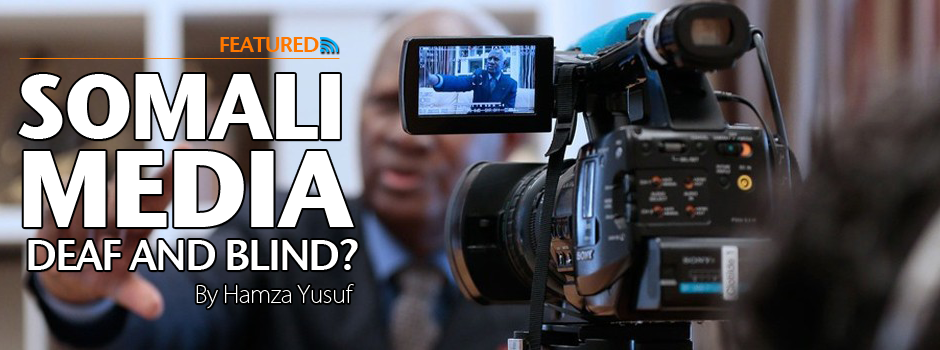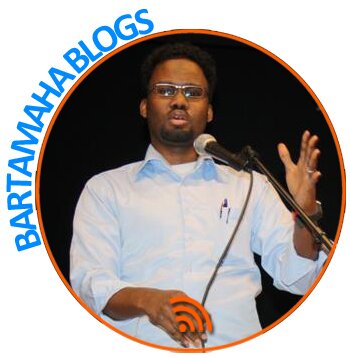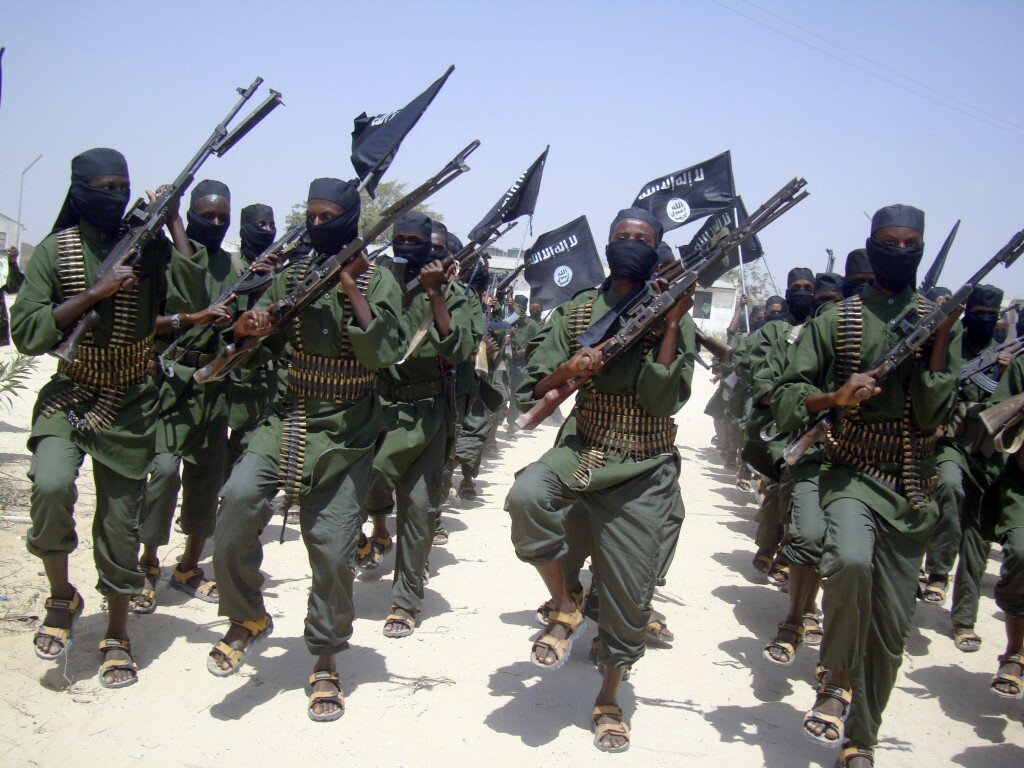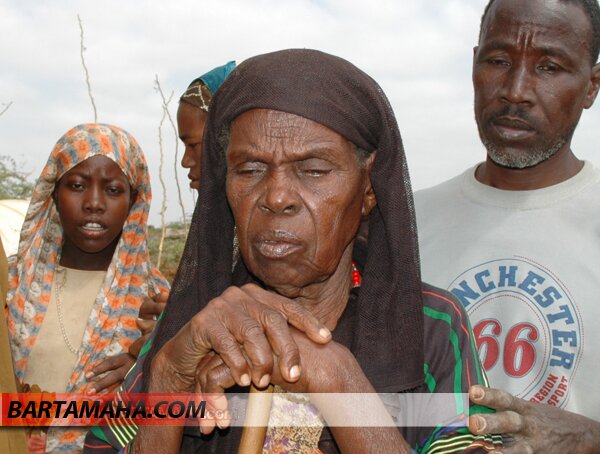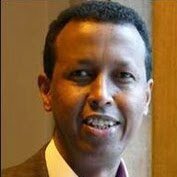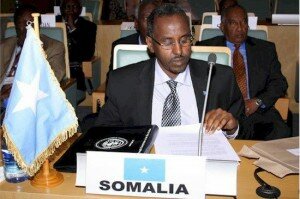Tough Challenges ahead for Somalia’s post-transitional government
I observed with a degree of care and deligency the trend and tendency of Somalia’s political novelty since H.E Prof Hassan Sheikh Ahmed was elected to the highest office in our land. Besides rhetorical affirmation, it appears that serious gaps need to be bridged if we want to succeed in our efforts geared towards bringing our nation back from the brink.
In an evolving regime of vicious circle, three key areas are intertwined not separate (domestic revenue, security and justice).
1) Domestic Revenue
Domestic revenues reduce dependency on foreign aid and increase self-reliance and political independency. State sovereignty is compromised as long as the country depends on foreign aid and the dignity of its leaders is diminished. Somalia is not a poor country as it appears on international discourse. It is the only net exporter among the countries in the Horn of Africa with a foreign currency surplus of $ 1.3 billion annually while Ethiopia and Kenya have deficit $ 6.4 billion and $ 7.2 billion respectively. Thanks to the huge amount of remittance from the Somali Diaspora. The problem though lies at the Government’s performance which, at present, is unable to assert its authority and enforce its laws.
Domestic revenue has been dismal in previous national budgets during transitional period (2000-2012). In the budget of 2013, the potential revenue that can be collected is estimated at $137,500,000(Fartag Audit Report 2010).This is far below the 10% benchmark of GDP of the same year. However, the Ministry of Finance, in its present condition, may not be able to perform properly in the absence of competent Revenue Authority and an effective national campaign against corruption.
2) Security
There is a security bias in the international community’s engagement in Somalia, millions of dollars are spent on AMISOM contingents without a clear exit strategy and with no effective parallel effort to train and equip Somali forces. The government needs to secure well trained 5000 police force which should be financed from local revenue at a salary of $ 300 per soldier. These local security forces are aimed at restoring calm in the capital Mogadishu and enforce revenue collection.
Among the various challenges is the Internally Displaced People (IDP) in the capital. The IDPS pose significant threat to human development and the security of the capital. Government should use experts to assess the level of security threat, the macroeconomic implications and ways to relocate them –We need to shift the role of the IDPs from “passive victims of displacement to active agents of change”.
Another key challenge is related to the dubious private security firms in different parts of Somalia. These firms should be withdrawn and their contracts repealed.
3) Justice
Justice is intertwined with Security. There could be no security without effective justice as injustice breeds more conflict. Somalia’s Judiciary system needs a complete overhaul. A mix system of justice (Shari a & Penal Code) should take effect in parallel with developments in the security sector. Prison reforms should be put a high priority, and the cops should be motivated to prevent widespread corruption in the prison system. These twin efforts will improve the legitimacy of state in the eyes of its people, win hearts and minds of the populace and weaken the militant’s grassroots support.
Inventing a National Mantra
Somalia’s Post-Transitional Government needs a national mantra to place itself as agents for change. Equally, the broad base of the insurgency based on ideas should be confronted with other ideas. Re-indoctrination of the Youth should be adopted as national program for change. This program aimed at rehabilitating the Youth that has been duped into militancy should be led by civil society organisations using mass participation including religious scholars, youth organisations and traditional elders. The Somali leadership should wage war on three major evils: culture of impunity, clannish politics and corruption. In short the national mantra of 2013 should be the fight against: Corruption, Corruption, and Corruption. Indeed, corruption spreads a culture of deception and popular discontent. It is also substantial barrier to foreign aid. It is high time to reverse Somalia’s tarnished image as the most corrupt country in the world according to TransparencyInternational’s annual Corruption Perceptions Index published on Wednesday 05 Dec,2012..
Self-reliance as Strategic National Objective
Self-reliance should be taken as a national objective, as failure is guaranteed as long as Somalia’s neighbours have military presence in Somali soil and great deal of our budget depends on foreign aid. Good riddance of these two vices should remain as a national priority in order to restore our tarnished reputation and uphold our sovereignty.
The Government should also consider of choosing lead countries on Somalia to provide institutional support in all areas of governance placing consultants in the ministries, security forces and state owned agencies. Turkey may be appropriate in rebuilding the Somali Defence Forces, Germany to re-erect the Somali Police Force and Britain to redesign the public administration and the burecratic management. Turkish troops together with some other Muslim countries should transform AMISOM into a combined UN Force for peace enforcing rather than peace keeping. Without a Big Bush it will difficult for Somali Republic to regain its sovereignty and becoming once again a respected member of the UN
Abdullahi Jama Hussein(Hon MP)
Comments
comments
 Calendar
Calendar





